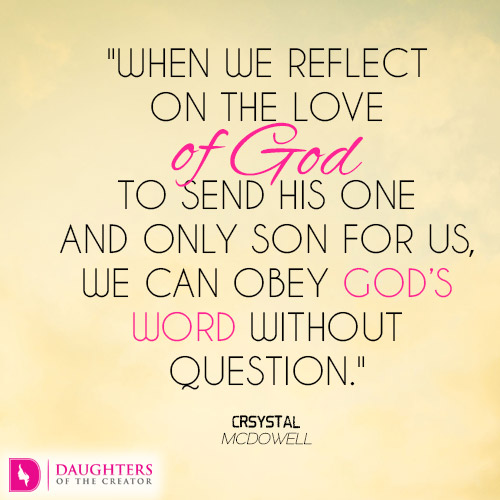The Scapegoat


Old Testament sacrifices were messy, bloody, and temporary. Because of the sins of the people, the sacrifices would have to be repeated over and over again. Under the Mosaic Law, the priest had two goats—one would die and one would be set free. The goat that would die was offered as a sin offering, the other (the scapegoat) would bear the sins of the people and was sent away to the wilderness.
The scapegoat didn’t sin, but it bore the heaviness of the people’s sins. No one went looking for this goat, it was a reminder of sins that were committed and needed forgiveness. In this practice, the people would have the opportunity to reflect and deal with their sins until the next scapegoat.
Because of God’s love for us, Jesus was sent to die. His sacrifice was also messy and bloody; however, it was once for all. He is the ultimate sacrifice as He bore the penalty and died for our sins. Just like the scapegoats of the Old Testament, He never sinned. While the scapegoats had no choice, but to follow where they were led—Jesus had a choice.
Jesus willingly gave Himself over as a Scapegoat for us. Our response should be two-fold: obedience and thankfulness. When we reflect on the love of God to send His one and only Son for us, we can obey God’s word without question. We also can learn complete contentment and give thanks every day for Jesus’ sacrifice. His sacrifice demands more than just a rudimentary acknowledgment, it’s an unwavering devotion to the One who gave it all.
Prayer
Dear Lord, I repent of the times I didn’t reflect on your sacrifice for me. I pray for a renewed spirit to live every day in obedience and thankfulness to You. Amen.
In His Service,

Republished by Blog Post Promoter







